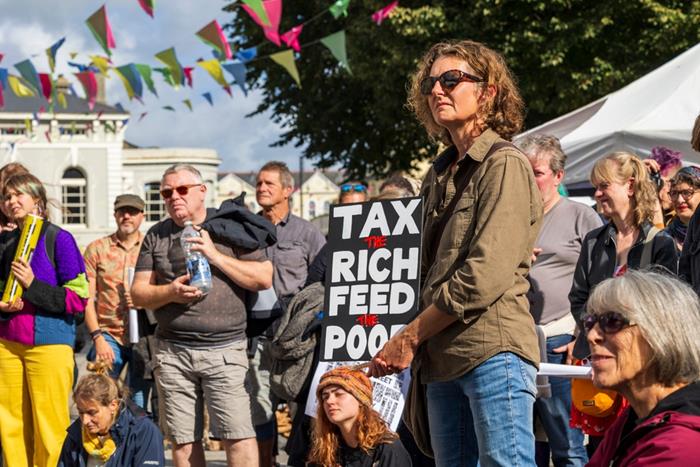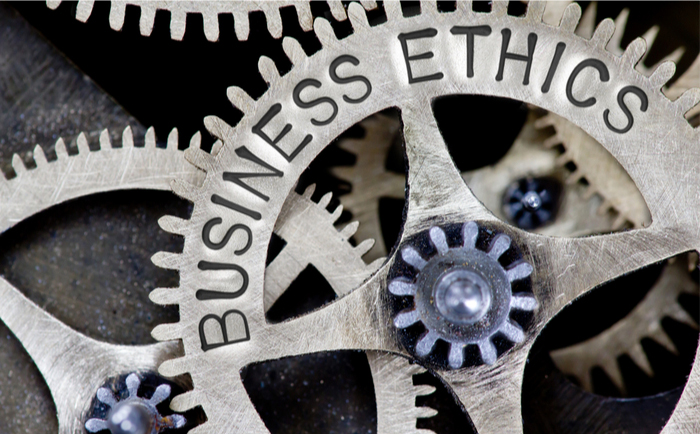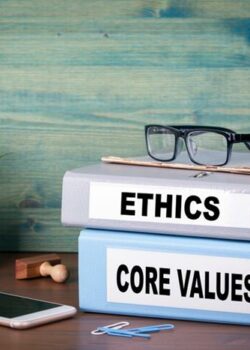Trust in UK business has fallen, according to a new poll, which found that the number of people who believe companies behave ethically has seen a significant decline.
The survey, by the Institute of Business Ethics, finds that only 38% of people say business behaves ethically, down six percentage points on last year’s research.
The findings come at a time when the UK is grappling with a cost-of-living crisis that has seen record inflation and frequent public questioning of why prices remain high. The UK’s big supermarkets have even been questioned by MPs about food inflation which, earlier this year, reached 18%.
The pricing of goods and services was named for the first time as one of the public’s main concerns, though corporate tax avoidance remained the chief concern.
Ian Peters, director of the IBE, says the public “lacks” confidence that businesses operate in an ethical way, which should concern companies, who risk losing customers.
“Companies have to work to tackle this problem. They must show they’re operating in an ethical way, whether that’s how they behave with customers or the culture of the organisation and how staff are treated.
“That starts from the top with senior leadership, and there is a clear expectation CEO’s remuneration should be informed by the behaviour of the business.”
Whiter than Whitehall
Business can take some solace that the public holds it in higher regard than politicians, who were seen as ethical by only 17% of those polled although that proportion remains steady, with no difference from last year.
When Edelman, the global PR consultants, published its annual Trust Barometer, in January, business was the only group seen to be trusted when compared with NGOs, government and the media.
Although corporate tax avoidance remains the UK public’s biggest ethical concern, it is falling in significance. So too is “worker exploitation”, suggesting people have become “happier” with conditions in the workplace as companies adjust to new practices after Covid, according to IBE.
This year’s survey asked, for the first time, about trust in artificial intelligence (AI). But, despite a media focus on recent advances, and warnings in some quarters about dire consequences, the survey found that AI attracted the least public concern.
The survey leaves little doubt that, in the UK at least, the reputation of business to make the right decisions is tarnished. And the public puts great store in the issue: nine out of 10 believe chief executives’ pay should “linked” to ethical performance. A business that ignores these warnings may find itself on the receiving end of public ire.





